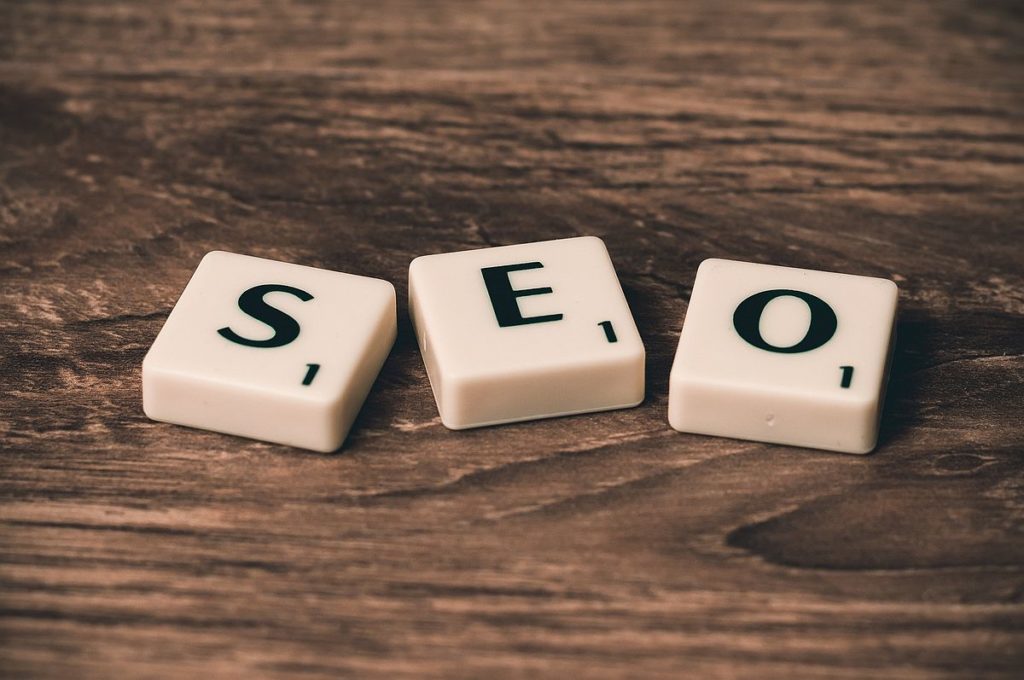5 Ways to Pack Your Writing With Punch
1. Trim “to be” verbs. – Passive verbs, those in “to be” form, tend to weaken sentences compared to active verbs. “To be” verbs include is, are, am , was, were, has been, have been, had been, will be, will have been, being + a verb that often ends in -ed (and sometimes -en and other forms).
Example: The motel windows are washed by the room attendants.
Re-write: The room attendants wash the motel windows.
2. Use creative similes and metaphors. – The simile as crazy as a loon is a little old hat. A more original turn of phrase: As loopy as a traffic circle.Or, instead of He was drowning in paperwork, a better metaphor: He was mobbed with memos.
3. Shorter is spicier (and stronger). – Especially in the age of digital devices, slice wordy text to wield a sharper point.
4. Be specific to be more persuasive. – For many of us, the word food, though pleasant, doesn’t bring as many delightful images to mind as chocolate does.
5. Watch adjectives and modifiers. – Words such as very, really, and pretty have a right to exist, but they’re sometimes unnecessary baggage that weighs down sentences. Two words aren’t always better than one, and can also be a sign that you should be more specific.
Example: very small
Re-write: tiny
Example: really neat
Re-write: awesome
Example: pretty nice
Re-write: decent
The Classy Writing Blog
How to Strengthen your Sentences
“Do you like reading writing that rambles like a senator filibustering to block a vote? If you need some NoDoz before you read a work, it’s obviously a little weak….” Read more
Quotes
“Don’t tell me the moon is shining; show me the glint of light on broken glass.”~ Anton Chekhov
“The most valuable of all talents is that of never using two words when one will do.” ~ Thomas Jefferson
Comments? Suggestions? Need help with your writing? Feel free to contact me.
Michelle Troutman
classywriting.com

